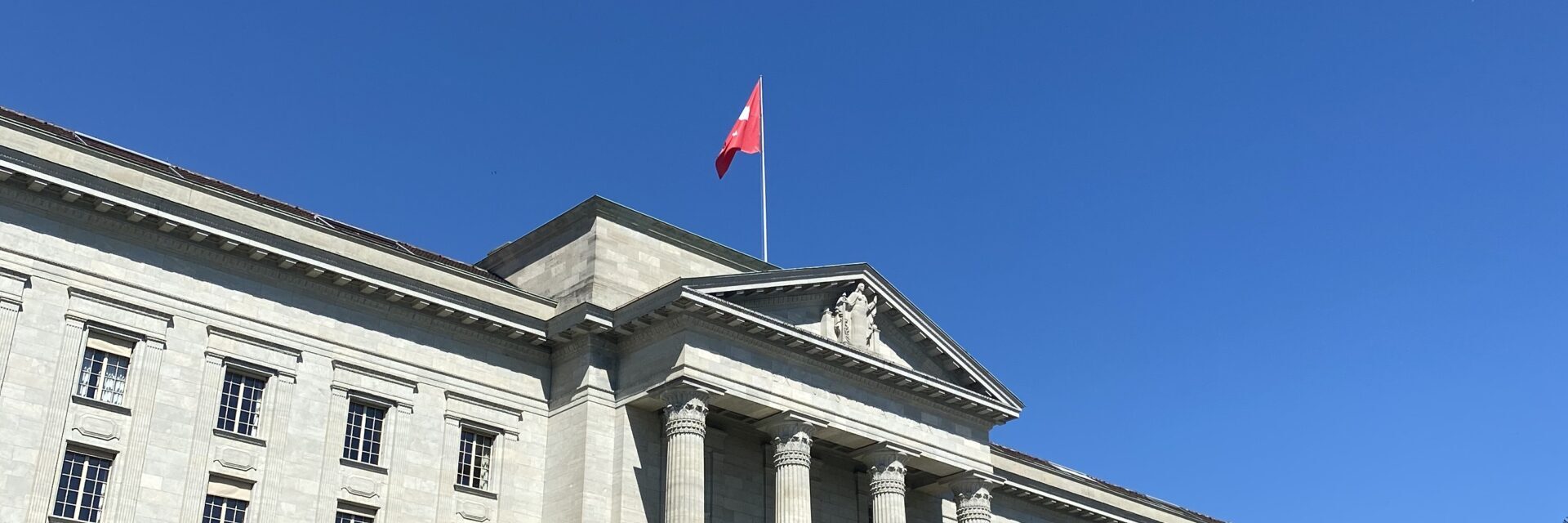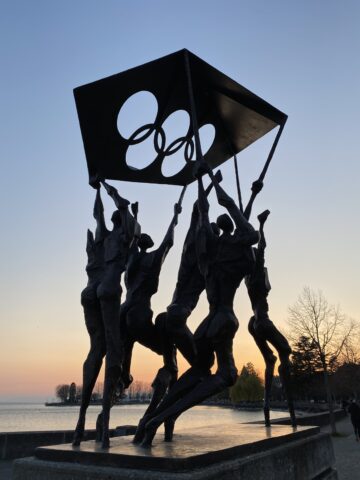Proportionality of a doping sanction imposed on a minor athlete and violation of public policy
By Dr. Despina Mavromati
A taekwondo athlete positive sample in-competition showing presence of furosemide, a masking agent prohibited under the WADA Prohibited List. The athlete did not contest the positive finding and was provisionally suspended. After the hearing, the Anti-doping tribunal of World Taekwondo issued a decision sanctioning the athlete for two years, ending on 22 December 2023.
Both the athlete and World Taekwondo filed an appeal to the CAS. The Sole Arbitrator held a hearing and issued a decision sanctioning the athlete for 4 years.

Alleged violation of the principles of proportionality and the prohibition of discrimination
In his challenge before the SFT, the athlete invoked a violation of public policy (Art. 190 para. 2 (e) PILA), alleging that the Sole Arbitrator infringed the principle of proportionality and violated the prohibition of discrimination.
The SFT recalled that it is only possible to invoke violations falling within the scope of Article 190 (2) PILA and not directly the ECHR or even the Swiss Constitution (notwithstanding the Semenya judgment and pending a final judgment by the Grand Chamber).
More specifically, the athlete considered the duration of the sanction disproportionate, all the more because he was only seventeen years old when the positive sample occured, and that there was a lack of balance between the federation’s interest to preserve the equity of competitions and his own interests.
No disproportionality due to the young age of the athlete
The Athlete further alleged that it was discriminatory to sanction a minor athlete who is discovering the world of elite sport in the same way as an adult athlete, all the more as he had never been subject to a doping control before and it was accepted that the substance could be freely found in the state of his domicile and the athlete had no doping education from the national federation (at 5.3).
The SFT repeated the very limited scope of the public policy violation under Art. 190 para. 2 e PILA, which requires not only the opposition of the award with a norm of Swiss law (even constitutional law), but also that the panel violated public policy in its finding (i.e. by imposing a four-year suspension, at 5.4.1).
With respect to sanctions, the SFT repeated that it can only intervene in the panel’s appreciation if it reaches a result that is manifestly unjust or shockingly against equity. Referring to the Platini case, it held that this was not even the case under the narrower scope of arbitrariness of Art. 393 let. e Swiss Code of Civil Procedure (CCP).
After considering that the Athlete’s criticisms were of appellatory nature, the SFT concluded that the four-year suspension was not disproportionate in view of the underlying facts of the challenged award : more specifically, the athlete had accepted having ingested a pill in order to lose weight and compete at the specific competition, he ignored that the ingested substance was prohibited under the WADA Code. At the same time, the Sole Arbitrator held that it was not credible that an athlete competing in a sport where the level of athletes depends on their weight, and that the product ingested would have a have an impact on such weight without preoccupations about the ingested product. The Athlete’s young age and lack of experience would not exonerate him from his obligation to verify the substance ingested, all the more as he had participated in other international competitions in the past. As such, the Sole Arbitrator had considered all pertinent factors before reaching the decision. As such, even considering that proportionality is part of public policy, which is doubtful, he failed to show how the sanction would be incompatible with substantive public policy, as the ADRV was accepted and the athlete acted intentionally.
Conclusion
The SFT concluded that the same applied to the prohibition of discrimination, where it questioned the applicability of the principle in the case at hand, a private person (where the principle does not have a horizontal effect (ATF 147 III 49 at 9.4). Also, the anti-doping regulation provides for an identical sanction for athletes, independent of their age and origin, showing that these criteria are not pertinent in anti-doping. In the absence of any convincing reason that would justify a dinstictive treatment from his fellow adult athletes, and that he approached majority and also had some experience with international competitions that did not justify a special treatment compared to his fellow major athletes.





